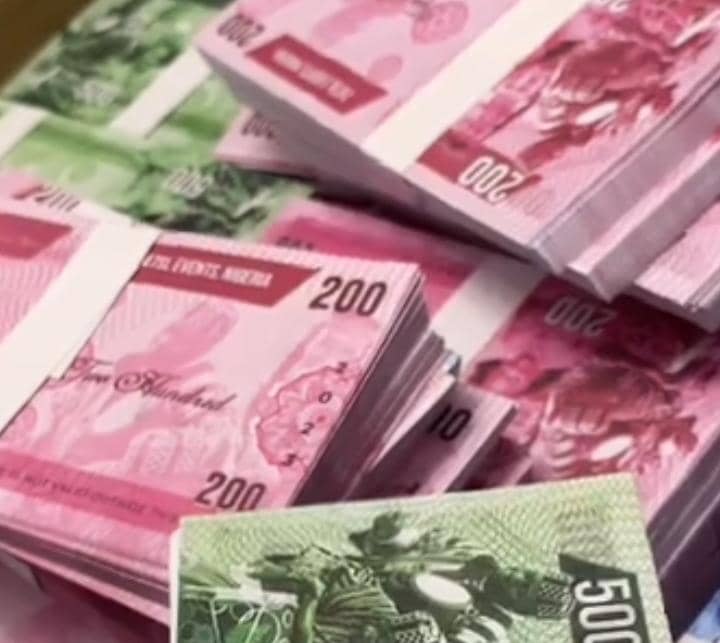Due to the attention of the Economic and Financial Crimes Commission on people mishandling Naira, Nigerians have come up with new approaches to make sure that the enjoyment of throwing Naira at social gatherings continues.
Nigerians started to take the crimes more seriously when the anti-corruption agency used a controversial figure, Idris Okuneye, also known as Bobrisky, as an example by sentencing him to six months in jail without the option of a fine for mishandling the Naira.
In February 2024, actress Oluwadarasimi Omoseyin was found guilty and given a six-month prison sentence for defacing Naira notes by throwing and stepping on them at a social event in Lagos.
Following Bobrisky’s conviction, a socialite Pascal Okechukwu, also known as Cubana Chief Priest, obtained a N10m bail after pleading ‘not guilty’ to a charge of mishandling the Naira.
After Bobrisky’s conviction and the trial of Cubana Chief Priest, PUNCH Online gives a list of nine actions involving the Naira that could result in legal repercussions.
In the report, The PUNCH listed throwing, writing, tearing, stapling, dancing or stamping on the Naira, selling, mutilating, rejecting the Naira, and money bouquets as actions involving the Naira that could result in legal repercussions.
The Clean Notes Policy of the Central Bank of Nigeria was put in place to improve the appearance and durability of the banknotes in circulation, as described on the official website of the central bank.
According to the CBN, the goal is to ensure that the Naira banknotes in circulation maintain a high level of quality, making them easy to process and accept by the general public.
However, in evading the offenses, partygoers and musicians have created new ways of throwing the Naira.
With these innovations, some musicians have praised the EFCC’s recent action to enforce the ban on mishandling the Naira.
While many think that the ban on throwing money at parties will impact musicians, especially indigenous ones, some have expressed that it is a positive development.
In separate interviews with one of our reporters, popular musicians— Wasiu Alabi, also known as Pasuma; Saheed Osupa, and Adewale Ayuba— stated that the country’s currency must be respected.
Here are some of the ways created by partygoers to throw money at social gatherings.
Money boxes: Typically utilized by musicians, boxes are now permanent fixtures at social gatherings in Nigeria provided by hosts or musicians for guests who, instead of throwing money, would simply leave their wads of cash to honor the hosts or show appreciation for the musicians.
Electronic fund transfer: Guests at weddings, funerals, and birthdays, among others, now transfer money through their banks’ apps to hosts while on the dance floor to replace the amount that would have been thrown at the hosts.
Money vouchers: Attendees of any social gathering can purchase the equivalent amount they plan to ‘throw’ at hosts as money vouchers and transfer the cash equivalent to the event planners’ account.
For the money vouchers, the images of the host or event organizer are printed on the notes. The most common denominations are N1000 and N500 notes.



